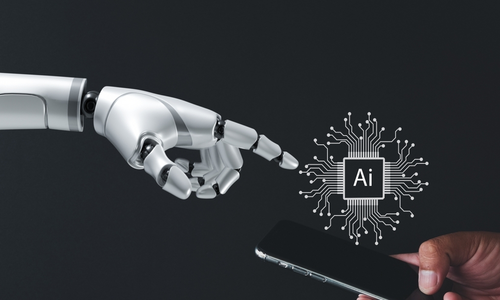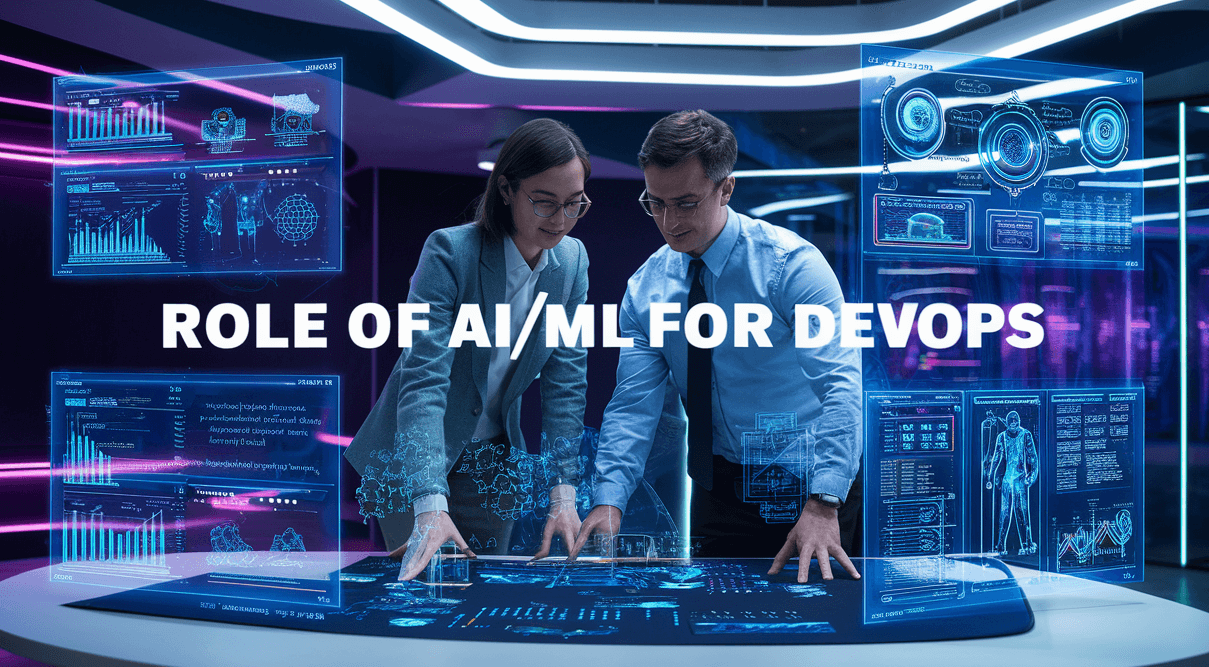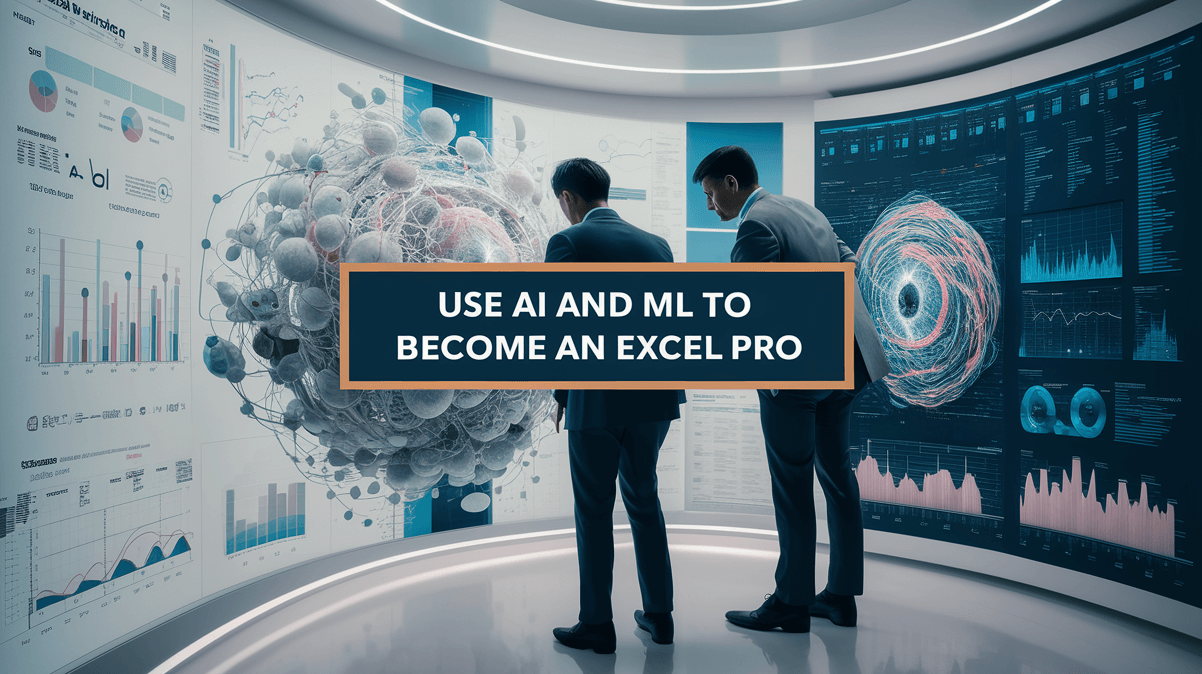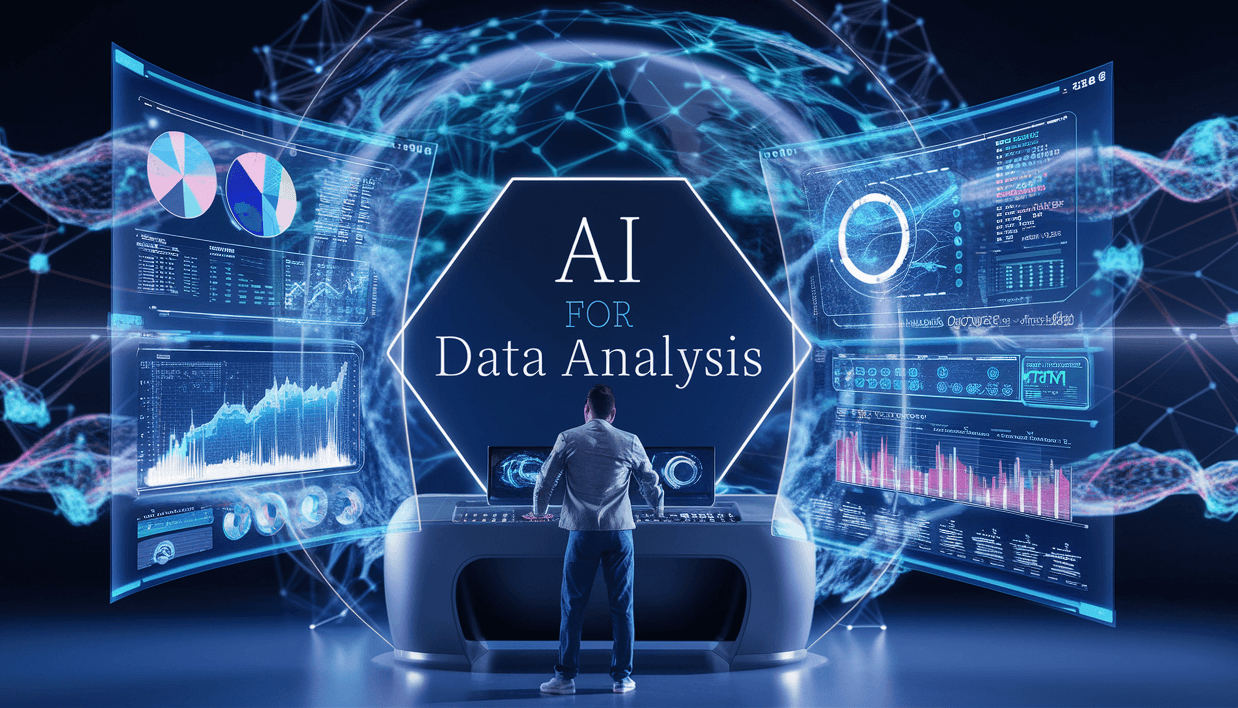Artificial Intelligence (AI) systems have become a revolutionary technology with enormous significance in various fields and businesses. AI systems are altering the way we live, work, and interact with technology because of their capacity to replicate human intellect. It has improved productivity and reduced costs in many industrial sectors. However, one needs an intelligent agents to put artificial intelligence into action. An Intelligent Agent (IA) is an independent entity that observes and operates upon the environment to achieve certain objectives.

Jump ahead to
What Is an Agent in AI?
Intelligent Agents in AI are entities that can make choices depending on their surroundings, human input, and experiences. They may either acquire information on their own according to a predetermined timetable or respond to user requests in real time. An Agent moves through the cycle of thinking, perception, and acting. An agent may include the following:
Human-Agent: Humans have eyes, ears, and other organs that act as sensors, and hands, legs, mouths, and other body parts act as actuators.
Robotic Agent: Robotic agents feature a variety of servos and motors that serve as actuators, as well as cameras and infrared range finders that serve as sensors.
Software Agent: Software agents work on sensory inputs such as file contents, keystrokes, and network packages to produce output displayed on screens.
Intelligent Agents in AI are also renowned for executing straightforward requests using voice-assistance systems like Alexa, Siri, and Google Home. The agent follows predetermined rules, heuristics, or learning algorithms that enable it to adapt and enhance its performance over time.
Types of Intelligent Agents
The following are the different types of intelligent agents. These agents are distinguished by the range of their abilities and level of intelligence.
Reflex Agents
Reflex agents solely rely on their current perceptions as the basis for their decisions, disregarding the rest of the perception history. These agents only function effectively in fully visible surroundings. Responses are based on the event-condition-action rule (ECA rule), where a user initiates an event, and the agent consults a list of pre-set rules and pre-programmed outcomes. It only works if there is dirt in the area, like a room cleaner.
Model-based Agents
The model-based agent keeps tabs on the circumstance and functions in a partially observable environment. The two necessary components of this agent include the model and the internal state. The model knows how things happen in the world. The internal state represents the present circumstance based on perceptual history. The model-based reflex agents operate in a partially observable environment by utilizing the world model to choose a rule that suits the current situation. It maintains a bare framework that characterizes the unseen portion of the environment by storing the current state within itself.
Goal-based Agents
Depending on how far they are from their goal, goal-based agents make decisions. It takes action to close the gap between them and their objectives. Goal-based agents are more flexible than reflex agents since the knowledge needed to make their decisions is obvious and simple to modify. The agent can choose between multiple options. It chooses the one that helps achieve its goals by searching and planning functions. Goal-based agents are more intelligent and clever than reflex agents, who can look beyond what is happening presently and choose the optimal course of action.
Utility-Based Agents
Utility-based agents seek the most efficient, affordable, and secure means of accomplishing objectives. This sets them apart from other agents. In order to achieve their goal, they choose a plan of action. These agents consider a long list of potential actions before deciding whether the goal has been achieved. This enables them to take the initiative. Therefore Utility-based agents are chosen when there are several options.
Learning Agents
A “learning agent” is an artificial intelligence agent that can learn from its prior experiences. It can operate and adapt on its own by learning after gaining the necessary knowledge.
The following are four conceptual parts of a learning agent.
Element of Learning: This is responsible for learning from its environments and improving based on the learning.
Critic: This learning component employs criticism to assess how well the agent is doing compared to a predefined performance standard.
Element of Performance: This is responsible for choosing an external action.
Problem Generator: It offers suggestions for issues or activities that might help the agent learn by exposing them to new experiences.
Conclusion
Intelligent Agents are a fundamental concept in AI. It is utilized in a variety of applications, including robotic production, virtual personal assistants, and autonomous vehicles. They allow machines to function intelligently and interact with complicated settings to carry out specified tasks. These agents continually learn new skills from their experience and improve over time. Intelligent beings are advancing mankind toward a better future. Therefore, a job in artificial intelligence can provide gratifying and intellectually engaging chances. Enroll in Artificial Intelligence Expert Training to acquire the necessary expertise to work with AI technologies and applications.



